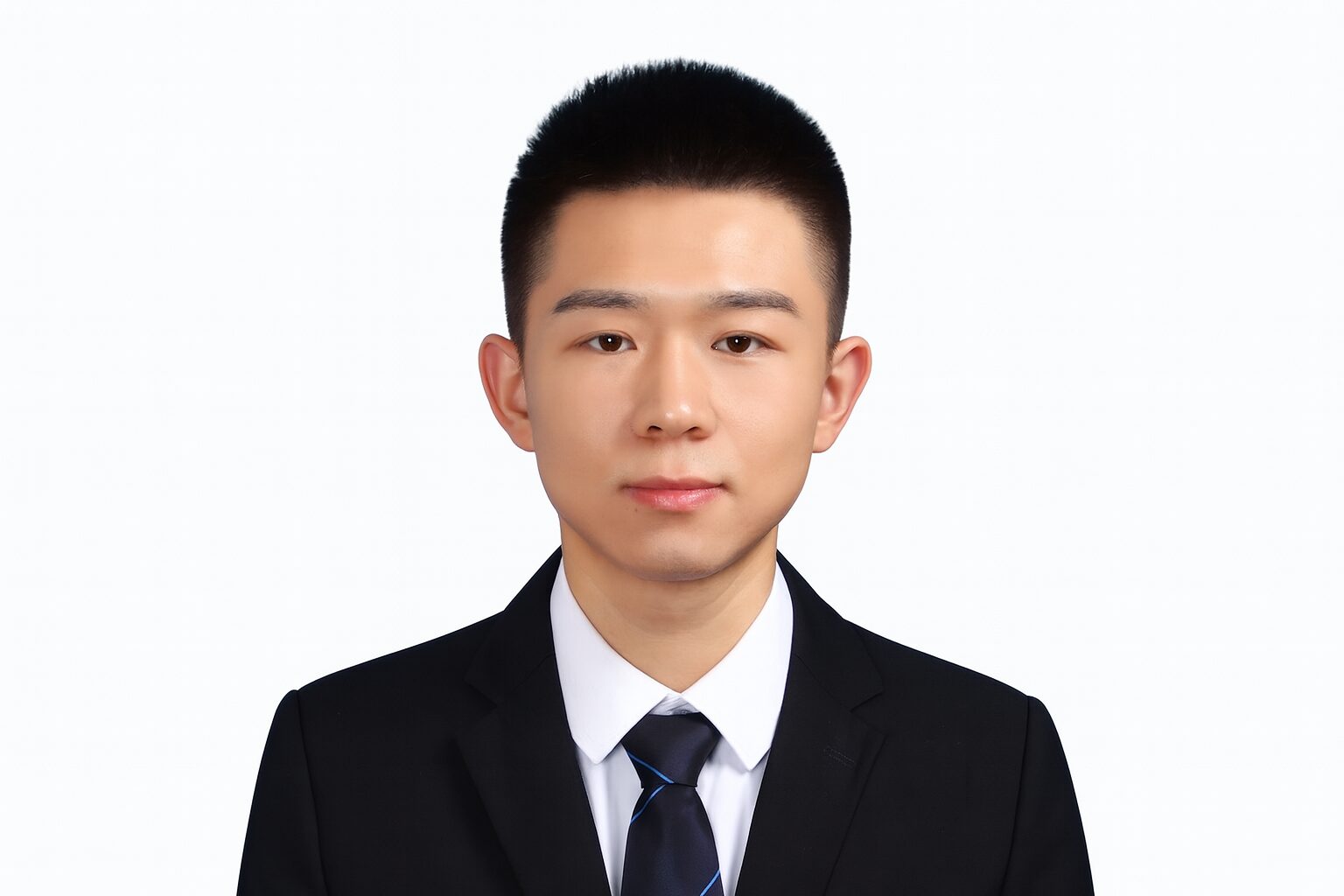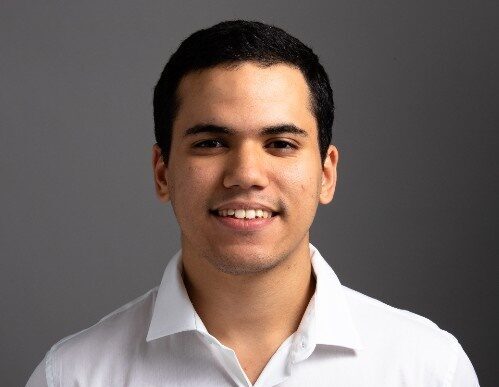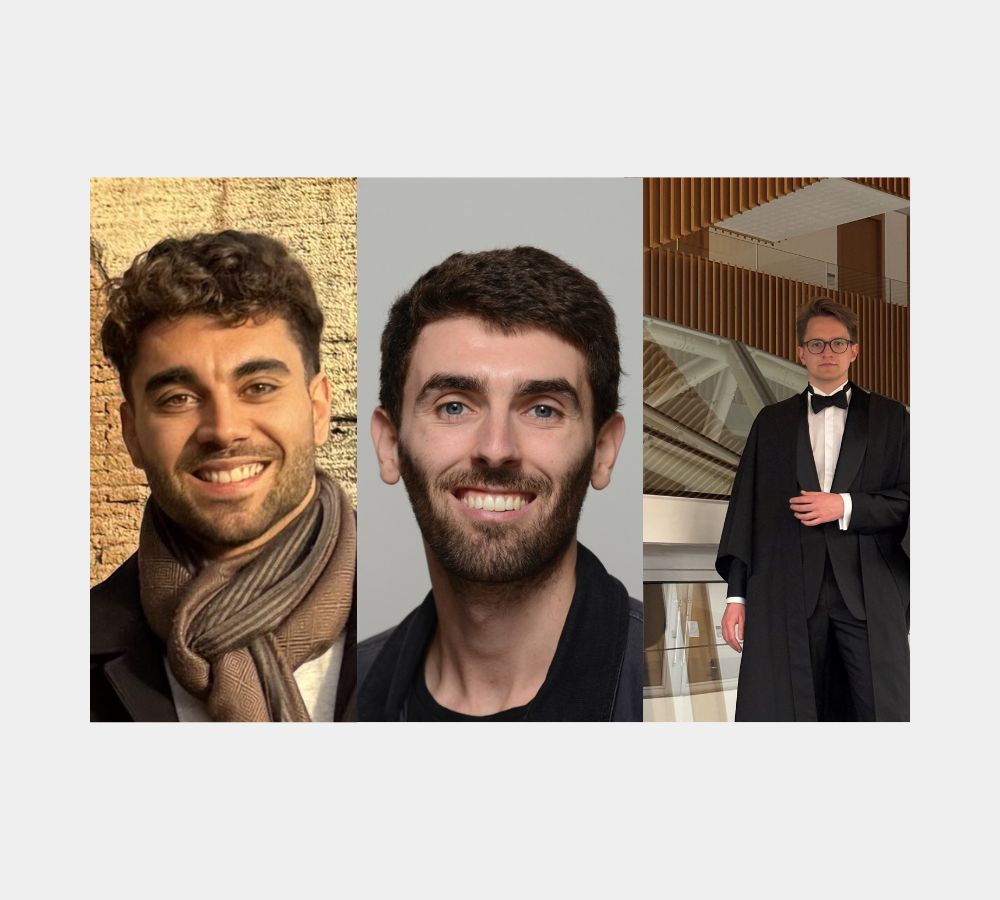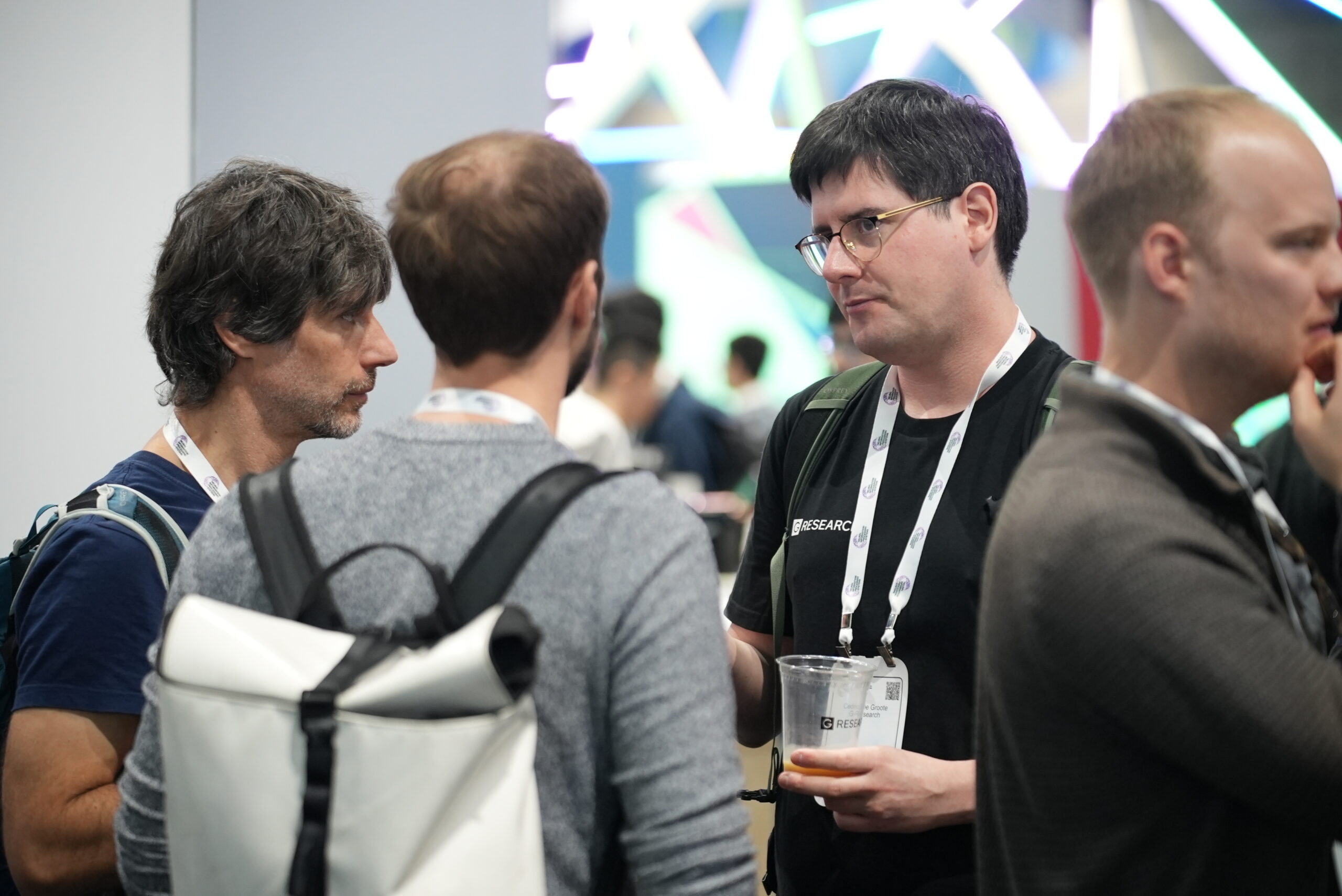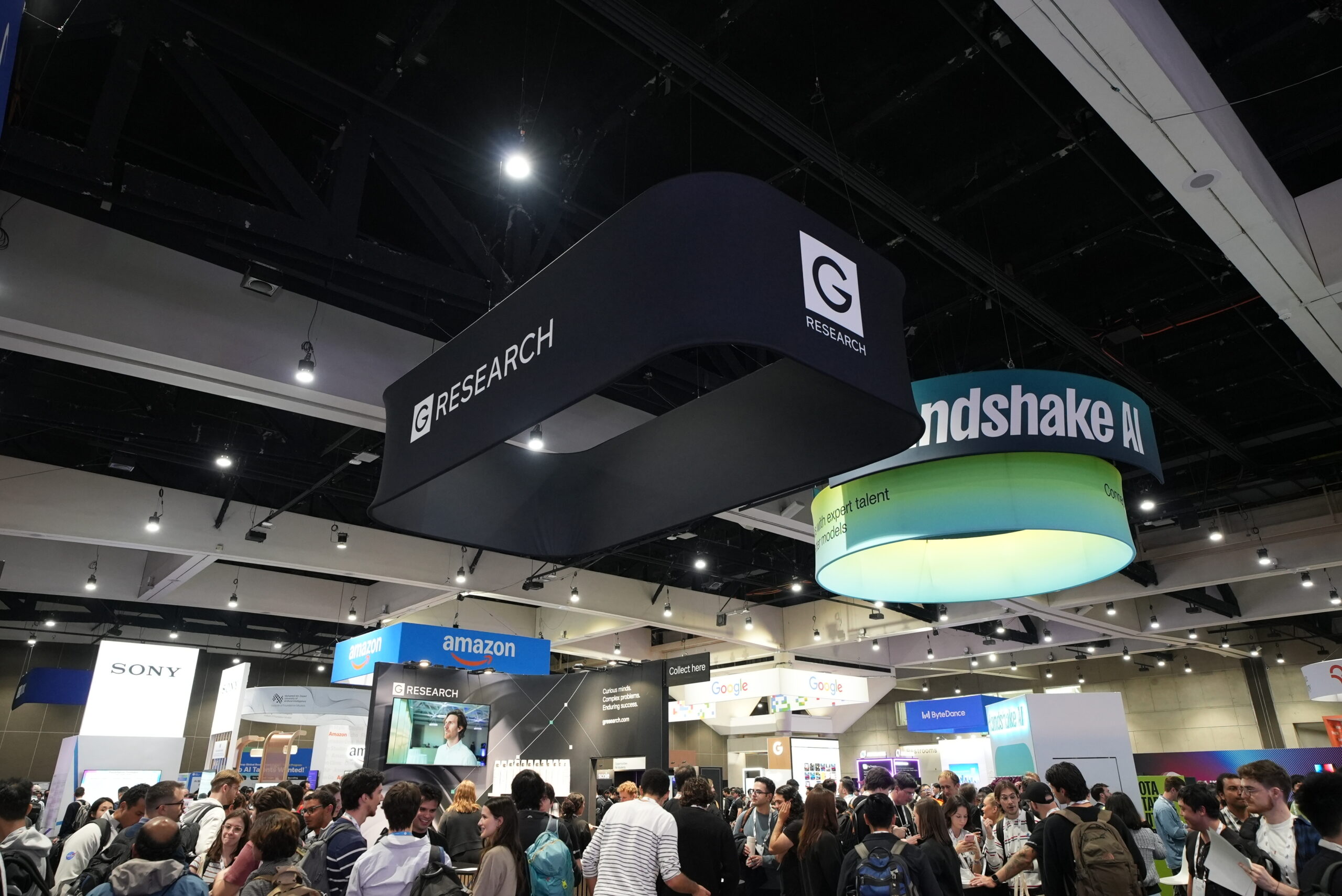Youssef Allouah
“My research investigates the foundational principles of trustworthy machine learning by analysing the intrinsic cost of trust – the quantifiable trade-offs between a model’s utility and its guarantees of privacy and robustness.
“My doctoral work began by tackling robustness, where I established fundamental performance limits of collaborative learning under realistic data heterogeneity. This investigation naturally led me to consider privacy, where I uncovered that the costs of these two guarantees are not merely additive but interact to create a fundamental privacy-robustness-utility “trilemma”.
“I then applied these foundational principles of privacy and robustness to the problem of machine unlearning, developing certifiable and resource-efficient methods for data removal.
“Building on this foundation, my future research will focus on extending these trust principles to the increasingly complex large-scale models that define our future, with the goal of making rigorous guarantees practical for real-world AI systems.”


